Israel On Alert After Iranian Threat As Gaza War Grinds On
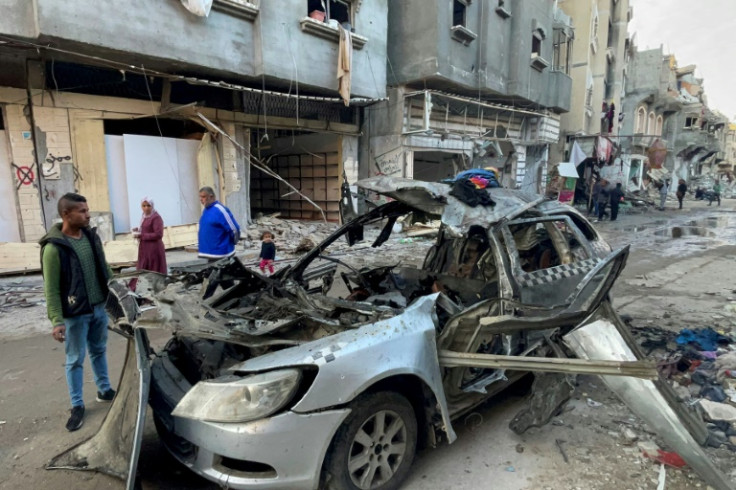
Israel was on alert Thursday after its arch foe Iran threatened reprisals over a strike in Syria this month that killed two Iranian generals, and as the war against Hamas ground on in Gaza.
Days after Israel strengthened its air defences and paused leave for combat units, the United States also warned of the risk of an attack by Iran or its allied groups at a time when Middle East tensions have soared.
Iran is "threatening to launch a significant attack on Israel," US President Joe Biden said Wednesday, pledging "ironclad" support for its top regional ally despite diplomatic tensions over Israel's military conduct in Gaza.
Israel was widely blamed for an April 1 attack that destroyed Iran's consulate building in Damascus and killed seven members of the Islamic Revolutionary Guard Corps (IRGC), including two generals.
Iran's supreme leader, Ayatollah Ali Khamenei, on Wednesday warned that Israel "must be punished and will be punished", days after one of his advisors had said that Israeli embassies are "no longer safe".
Israeli Foreign Minister Israel Katz swiftly replied to Khamenei on social media site X that "if Iran attacks from its territory, Israel will respond and attack Iran".
Biden said later Wednesday that he had told Israeli Prime Minister Netanyahu that "our commitment to Israel's security against these threats from Iran and its proxies is ironclad".
"Let me say it again -- ironclad. We're going to do all we can to protect Israel's security."
The Axios news site reported that US Central Command chief Michael Kurilla was set to visit Israel to discuss the situation with Defence Minister Yoav Gallant.
German airline Lufthansa said it had suspended flights to and from Tehran, probably until Thursday, "due to the current situation in the Middle East".
And Russia warned its citizens to refrain from travelling to Israel, Lebanon and the Palestinian territories.
Israel and the United States have long faced off against Iran and the so-called "Axis of Resistance" coalition of militant groups based in Lebanon, Iraq, Syria and Yemen.
The Syria strike killed Iranian IRGC Brigadier General Mohammad Reza Zahedi, who led the foreign operations wing the Quds Force in Syria and Lebanon.
Regional tensions have been stoked by the Gaza war which broke out after Hamas launched their October 7 attack against Israel, which left 1,170 people dead, mostly civilians, according to Israeli figures.
Palestinian militants also took about 250 hostages, 129 of whom remain in Gaza, including 34 the Israeli army says are dead.
Iran has said it had no advance knowledge of the October 7 attack but has hailed the assault against its decades-old enemy.
Israel's retaliatory offensive has killed at least 33,482 people in Gaza, mostly women and children, according to the Hamas-run territory's health ministry.
The Israeli military reported overnight operations in central Gaza which had also involved its navy and air force "to eliminate terrorist operatives".
Much of the long blockaded territory has been reduced to a bomb-cratered wasteland of destroyed buildings with yet more bodies feared under the mountains of rubble.
An Israeli siege has deprived Gaza's 2.4 million people of most food, water, fuel, medicines and other basic supplies, the dire shortages only alleviate by sporadic aid deliveries.
Israeli war cabinet member Benny Gantz said on Wednesday that "Hamas is defeated" militarily but pledged to keep fighting "what remains of it" in the years to come.
An Israeli air strike on Wednesday killed three sons of Hamas's Qatar-based leader Ismail Haniyeh.
Haniyeh's brother Nahed told AFP inside Gaza that their family are "in the same situation" as other Gazans.
"There is no difference between the sons of leaders and the sons of the people," he said.
Haniyeh insisted that his sons' deaths would not influence the group's position in ongoing talks in Cairo on a possible temporary ceasefire and hostage release deal.
Those talks, which started Sunday, have brought no signs of a breakthrough on a plan presented by US, Qatari and Egyptian mediators, which Hamas said it was studying.
Biden said that "it's now up to Hamas, they need to move on the proposal that's been made".
Washington has also ramped up pressure on Netanyahu to agree to a truce, increase aid flows and abandon plans to invade the territory's far-southern city of Rafah.
About 1.5 million civilians are sheltering in Rafah, the last Gazan city yet to face a ground incursion.
Biden labelled Netanyahu's handling of the war a "mistake" in an interview broadcast on Tuesday.
Washington's tougher line has brought some results, the US Agency for International Development said.
Recent days had seen a "sea change" in aid deliveries, said USAID administrator Samantha Power, although she insisted Israel needs to do more.
Gallant promised Israel would "flood Gaza with aid", using a crossing point on its border with Gaza, streamlined checks and two new routes organised with Jordan.
He said they expected to hit 500 aid trucks entering Gaza a day, the average pre-war level.
Israel has faced a chorus of international criticism over its handling of the war.
Spain is among several Western nations, including Ireland and Australia, to have suggested they would recognise a Palestinian state in the near future as a starting point for wider peace talks.
Spanish Prime Minister Pedro Sanchez warned that Israel's "disproportionate response" in Gaza risked "destabilising the Middle East and, as a consequence, the entire world".
Israel's foreign ministry slammed Ireland's new prime minister Simon Harris for not mentioning the hostages held in Gaza during a speech to parliament.
The ministry charged that "after the worst massacre of Jews since the Holocaust... there are those in Ireland who persist on being on the wrong side of history".
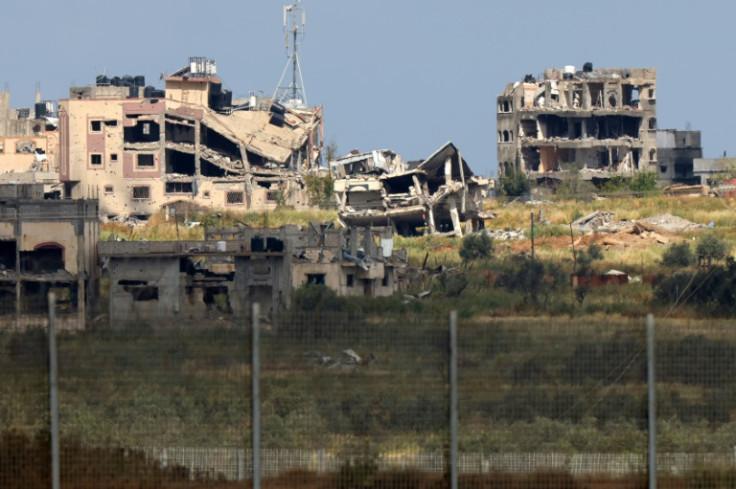
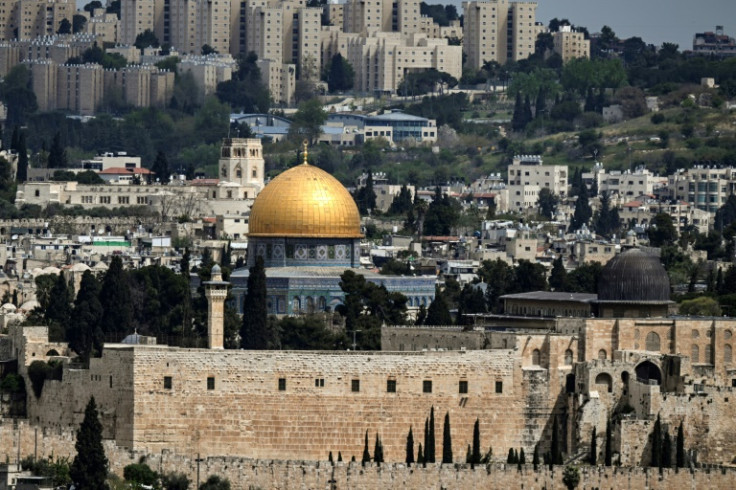
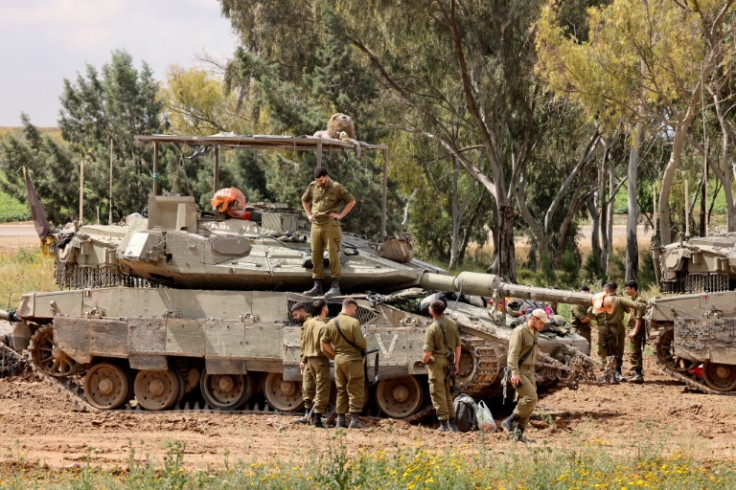

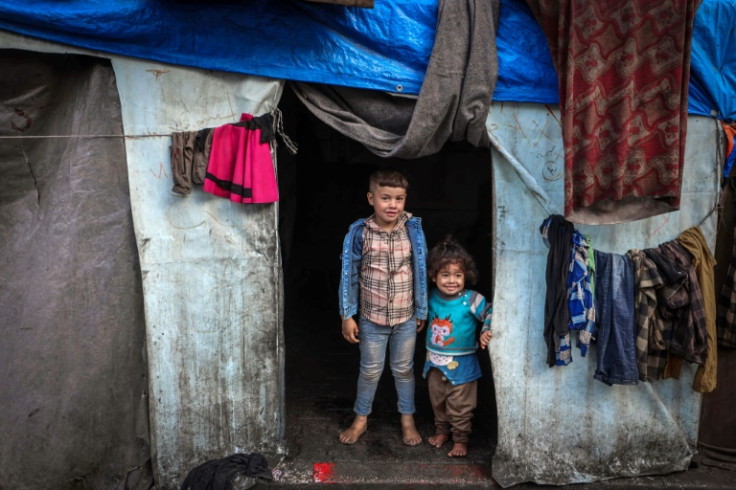

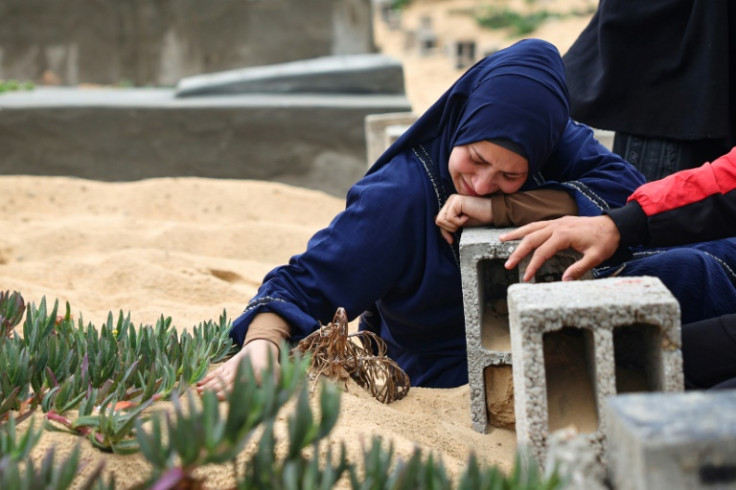
© Copyright AFP {{Year}}. All rights reserved.





















